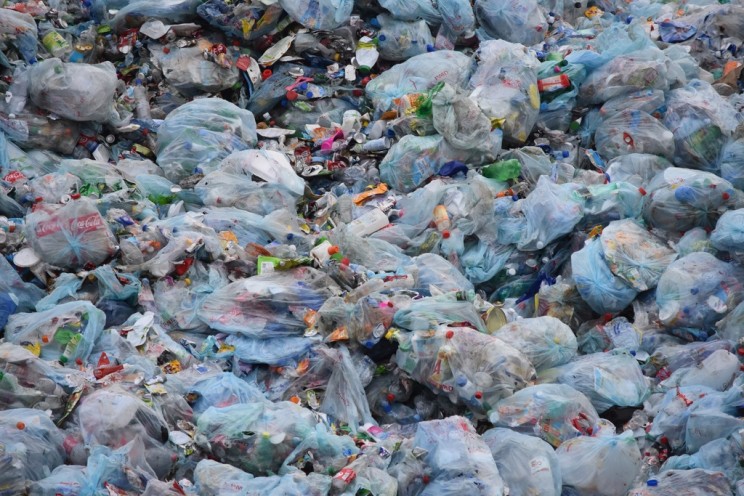The European Commission is set to ban several single-use plastic items. The collection of ten items which make a total of 70% of the garbage in EU waters and beaches will be banned. The items considered for the ban include cutlery, straws, cotton buds, plates, coffee cups, and stirrers. CNN said that the ban is the part of a bigger plan to move away from any item which is a single-use plastic item. The report states, “The legislation is not just about banning plastic products. It also wants to make plastic producers bear the cost of waste management and cleanup efforts, and it proposes that EU states must collect 90% of single-use plastic bottles by 2025 through new recycling programs. The European Commission estimates that these rules, once fully implemented in 2030, could cost businesses over €3 billion ($3.5 billion) per year. But they could also save consumers about €6.5 billion ($7.6 billion) per year, create 30,000 jobs, and avoid €22 billion ($25.6 billion) in environmental damage and cleanup costs.”
Many public and local initiatives were taken to recycle plastic. According to the report, only 14% of all plastic used all over the world is collected for recycling. Approximately 58% of paper is recycled while more than 90% of steel and iron gets recycled. These banned plastic items will need to be available in the form of an alternative in the market. There are many bio alternatives like bioplastics and wood or plant-based products. In some cases, they all have had trouble competing with the low-cost mass production of plastic. Frans Timmermans said, “Europeans need to act together to tackle this problem. Today’s proposals will reduce single-use plastics on our supermarket shelves through a range of measures. We will ban some of these items, and substitute them with cleaner alternatives so people can still use their favourite products.”
Similar bans on other products saw some success. In 2016, California voted to ban the plastic bags which showed a drop of 72% in the amount of such waste, which was found by litter collectors by the next year. In other parts of the world, the ban has seen reactions from the plastic manufacturers who tried to make the legislation illegal. There are approximately 150m tonnes of plastic in the world’s oceans. More than 100,000 sea mammals die from eating or getting stuck in the plastic waste that they see. Cotton buds are the most serious issue of the pollution since they get eaten by small marine life and becomes a reason for their painful death.

